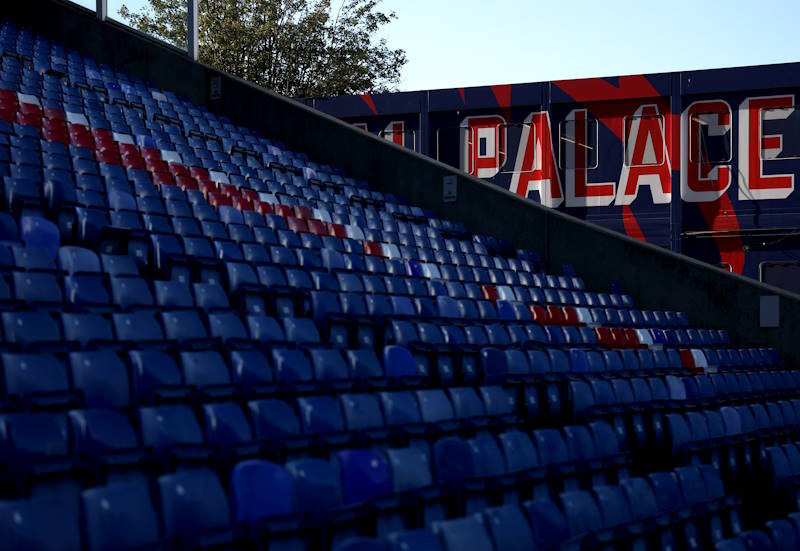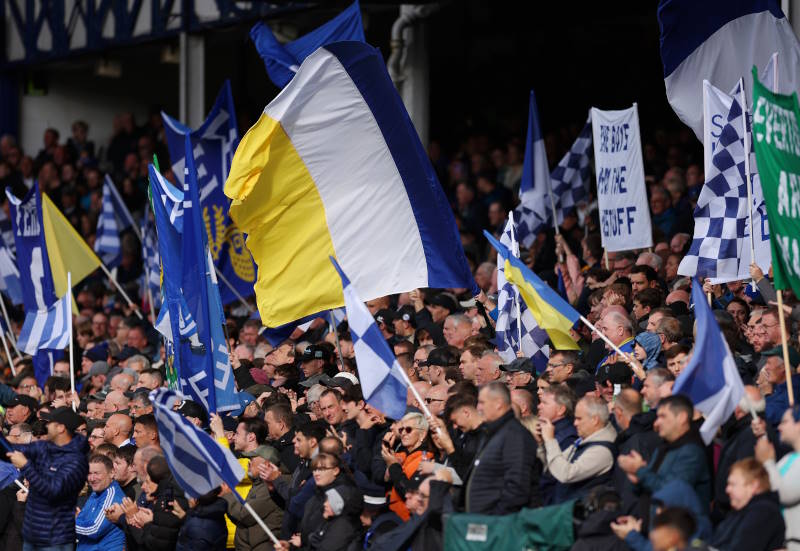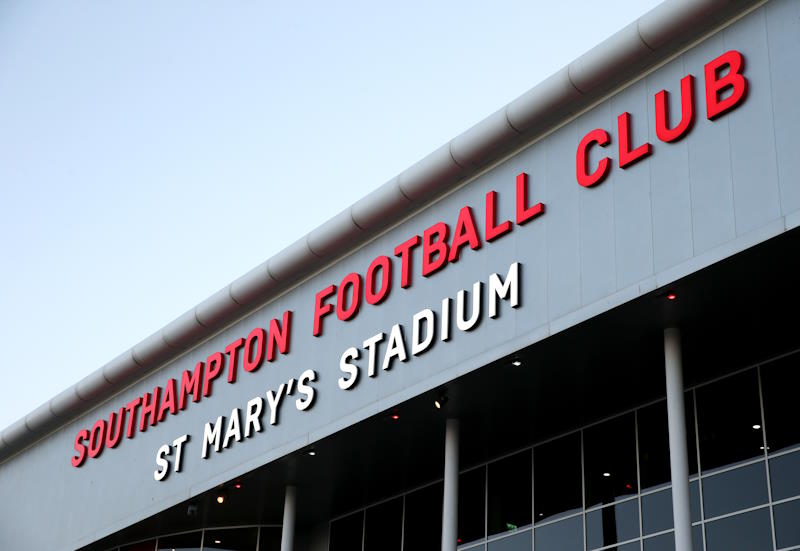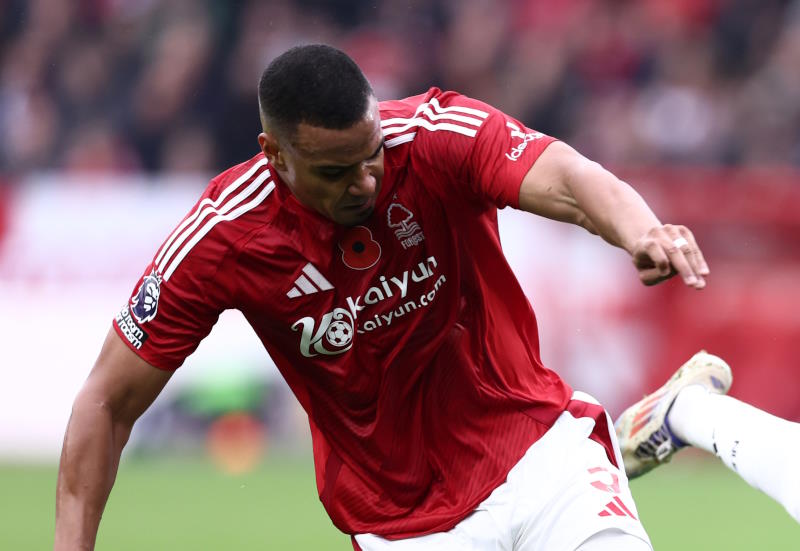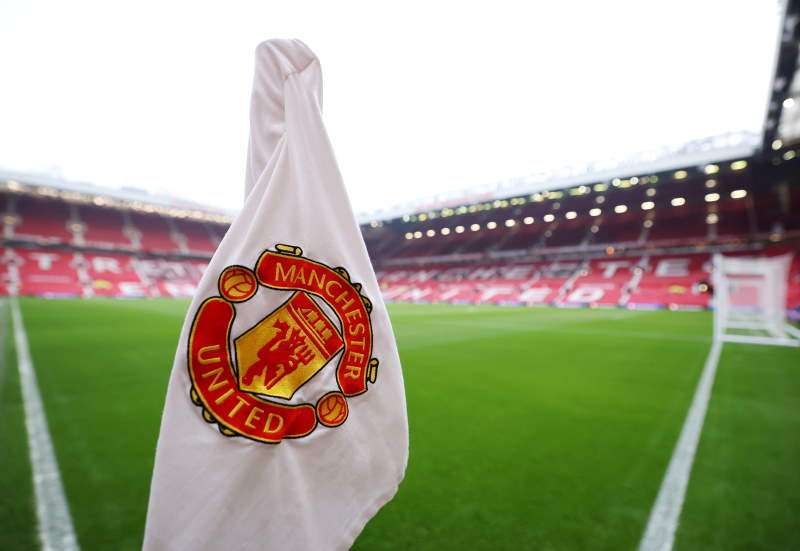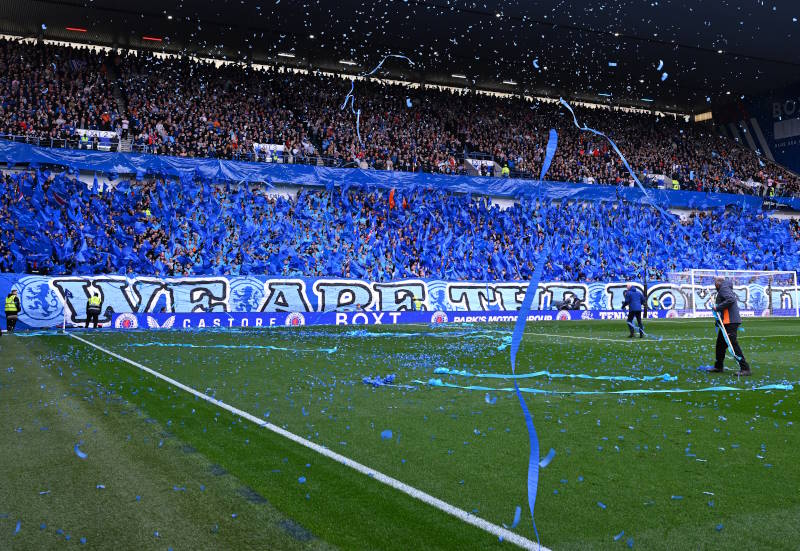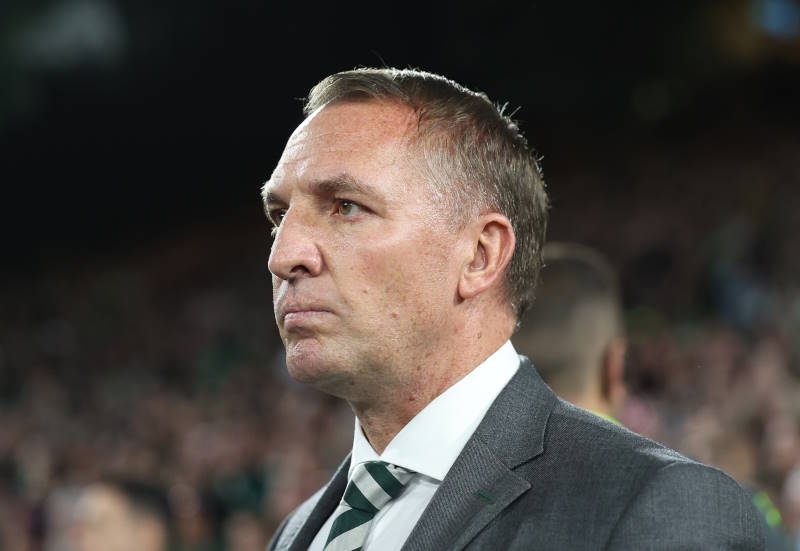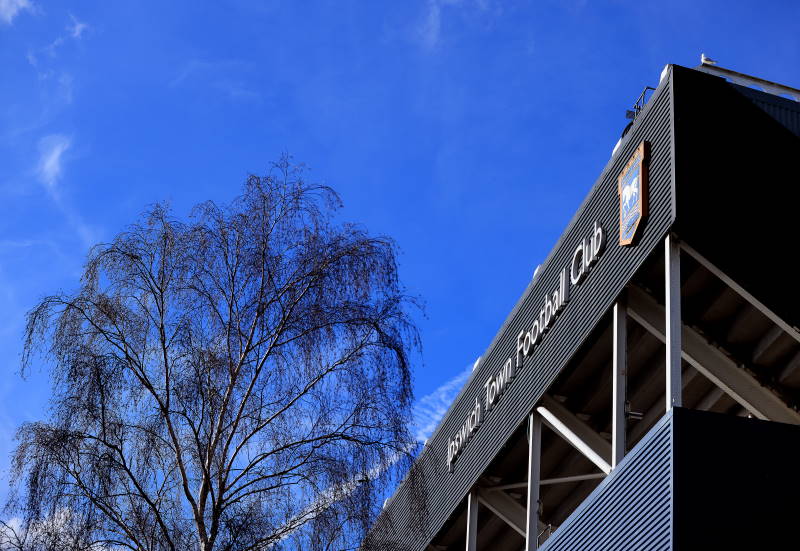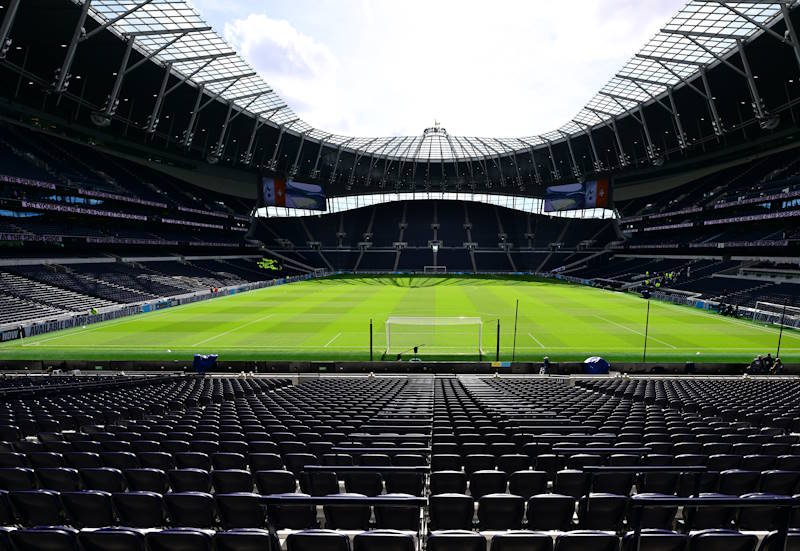
Australia exited the FIFA 2010 World Cup with the exact same mix of results as in the 2006 version. A win, a loss and a draw was enough to see them through last time round, before eventual elimination at the hands of Italy. This time it was another European behemoth, Germany, who did for the Socceroos as dismally negative tactics in their opening game saw them suffer a goal-difference deficit from which they would never recover.
The domestic press have been certain of exactly who was to blame for this, pointing their fingers at the Pim Verbeek led coaching staff whose two years of negative football prior to this tournament had shown a lack of ambition and courage that saddened football fans Down Under. And not just because it was ultimately unsuccessful. In a country with four popular codes, football is low scoring enough already without tepid 1-0 and 0-0 draws failing to inspire.
Australia may have got to the World Cup with ease in the end, but it wasn’t pretty viewing with one goal margins seemingly the extent of Australian ambitions even against minnows of the world stage. The testament to coach Pim Verbeek’s tenure will be that Australia’s 4-0 defeat to Germany was not unexpected by viewers back home, and it was a shame that the Dutchman left it too late to turn things round.
Ex-Socceroo Craig Foster has, however, been pointing some well aimed fingers at the Football Federation of Australia (FFA). “Where were the Australians guiding the campaign and asking the questions that needed to be asked? Who stood up for Australia when Verbeek decided our boys weren’t capable of getting a result against Germany…?” he asked. It’s not, after all, as if Australia have improved under the Dutch coach. Verbeek is an employee first and foremost, albeit one with some unique responsibilities. Why wasn’t he told to involve more domestic players, to focus on youth, and to play to Australia’s strengths?
It is, ultimately, inconceivable, that anyone in the Football federation of Australia could have expected to win this World Cup. But knowing that they had a public back home eager to see pride in the shirt, local-lads-done-good, who wanted to see players giving it their all and throwing bodies forward in blind hope if nothing else, who wanted those great Australian virtues of giving it a go and putting themselves on the line for the cause. How could they sanction a Verbeek tenure that saw foreign based players preferred regardless of form, that saw countless tactical cowardice and patient, controlled shows of defensive football and that, ultimately, saw an inferior return to four years ago.
Verbeek’s pre-tournament decision to join Morocco was perhaps a blessing in disguise. He should leave Australia with a healthy bank balance and some regrets. Australia part company with Verbeek no worse off than they were four years ago, but with some regrets of their own too, not least that the rebuilding process that was needed four years ago has yet to begin. And, with real hope for a stab at hosting the World Cup in 2022, Australia will need a groundswell of local support that will no doubt take a decade to ensure. Playing attractive, exciting football will be vital to that.
In four years time, in Brazil, Australia will have almost a decade old professional domestic competition and should be expecting to have earned some spoils from that. But in truth it’s in two years, at the next Olympic tournament, that they will really need to develop. The Australian Institute of Sport continues to produce promising talents, and the national youth league is giving them both an audience and experience.
Aurelio Vidmar quit Adelaide United to take the role of assistant coach for the senior team, but, more vitally, the head coach of the Australian Olympic team. It’s expected that his recent experiences in the Asian Champions League will give him good experience for the forthcoming Asian Cup and the start of the next qualification campaign for Brazil, but more so, it can be expected that making an impact at the Olympics may well see him eventually getting the head coach spot in time.
Until then the Socceroos’ head coach position remains unfilled with Paul Le Guen, who led Cameroon at the World Cup, looking likely to fill it at the moment, even if neither he nor FFA chairman Frank Lowy were giving too much away. Lowy conceded last week that the search for a new coach was at an ‘advanced stage.’ More promisingly, he seemed to be responding to a very real national feeling when he described the challenges ahead. “We have to identify and develop the next generation of Socceroos that will see us qualifying for Brazil.” he said, “We will continue to work on a number of initiatives that we will announce soon to bolster the skills in all levels of playing and coaching in the game so we can improve on our competitiveness at this level”
It’s a shame that the next coach will not be an Australian, and that in four years no systems have been put in place to move that closer to that becoming a reality, but Lowy’s concession that this was needed is indicative, at least, of the fact that he’s hearing public opinion. Australian football has a long way to go, but at least there’s been no regression. Australia returned home yet again with a nation full of admiration and pride in their achievements. They gave it a red hot go in the end and can hold their heads high.



